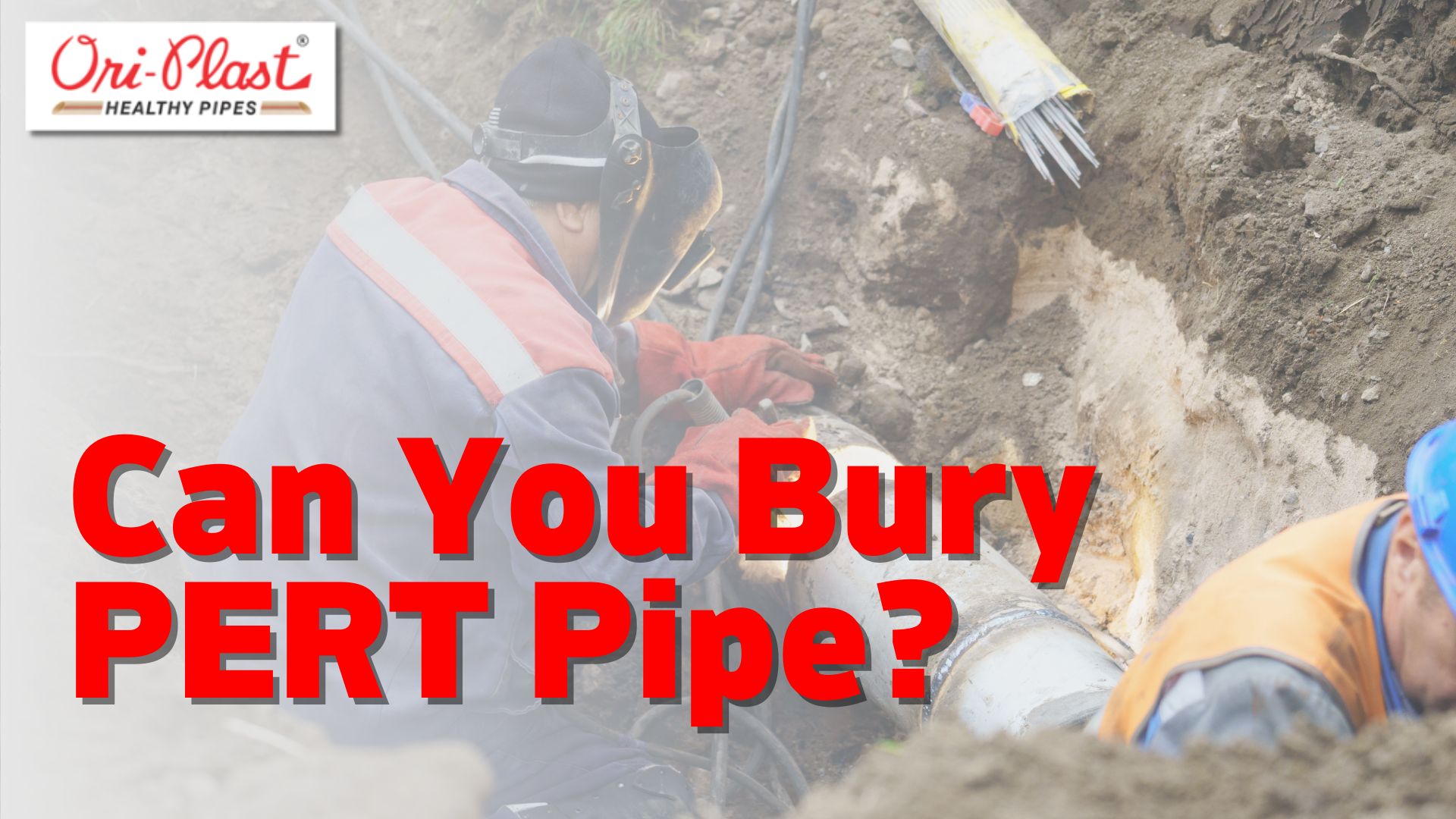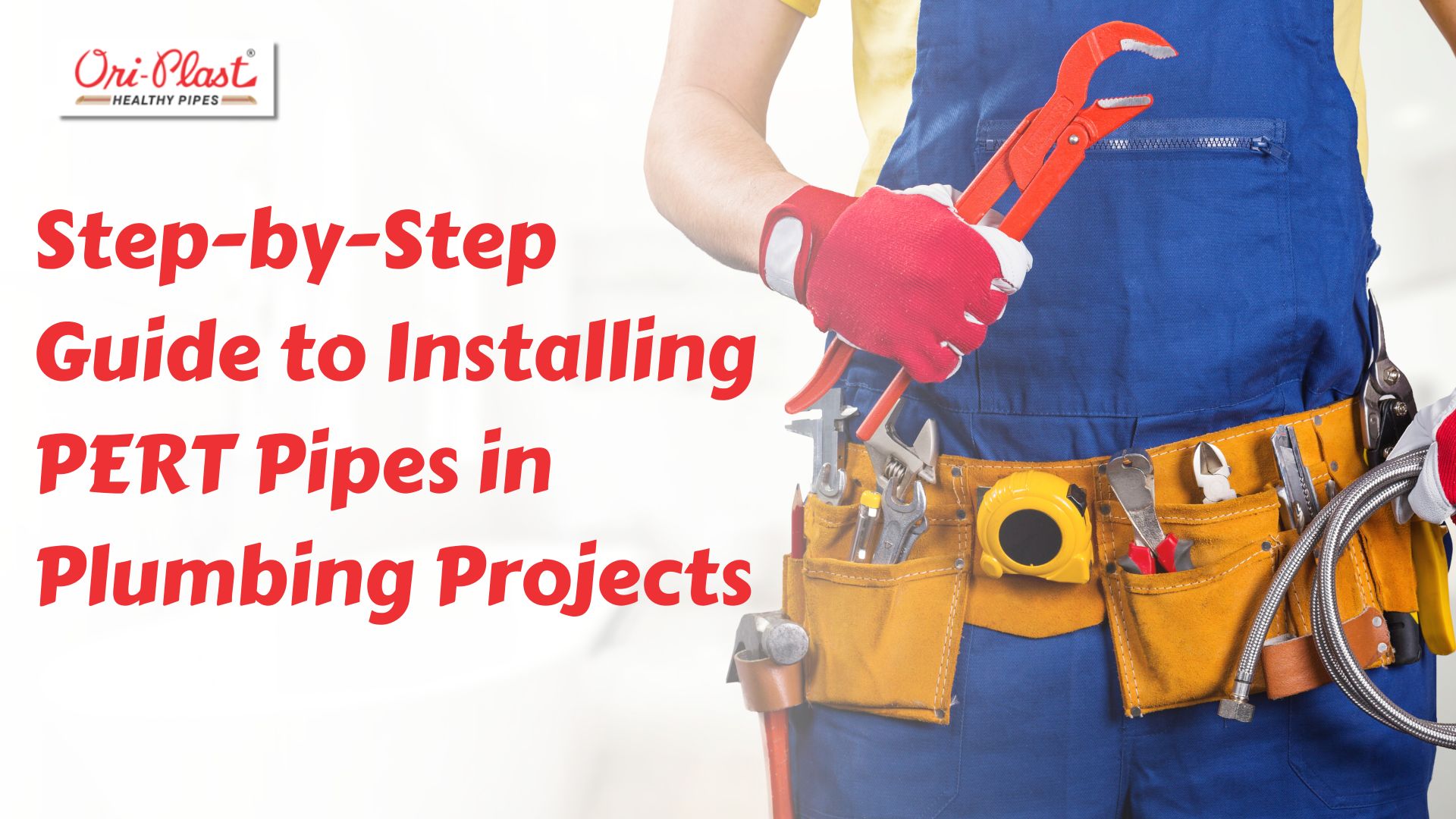In today's rapidly evolving world of plumbing systems, it is crucial to stay up-to-date with the latest advancements and materials. One such innovation is the PERT pipe, which has gained significant popularity due to its numerous benefits and applications. In this article, we will delve into the intricacies of PERT pipe, exploring its definition, characteristics, advantages, and considerations for its implementation in plumbing projects. By the end, you'll have a comprehensive understanding of this versatile solution and its role in modern plumbing systems.
What is PERT Pipe?
PERT, short for Polyethylene of Raised Temperature Resistance, is a type of plastic pipe that combines the advantages of both traditional polyethylene (PE) and cross-linked polyethylene (PEX) pipes. It is manufactured using high-density polyethylene (HDPE) resin, which undergoes a unique production process to achieve improved temperature resistance and flexibility.
Characteristics of PERT Pipe:
a. Temperature Resistance: PERT pipes excel in their ability to withstand high temperatures, making them suitable for various applications, including hot and cold water supply systems, underfloor heating, and radiator connections. They can typically handle temperatures ranging from -40°C to 95°C (-40°F to 203°F).
b. Flexibility: PERT pipes exhibit excellent flexibility, allowing for easier installation around obstacles and corners without the need for excessive fittings or joints. Their flexibility also aids in reducing installation time and labor costs.
c. Corrosion and Chemical Resistance: PERT pipes offer remarkable resistance to corrosion, chemicals, and scaling. This makes them highly durable, ensuring long-term performance and reliability in plumbing systems.
d. Low Noise Transmission: PERT pipes possess superior acoustic properties, minimizing noise transmission within plumbing systems. This feature is particularly advantageous for applications that require reduced noise levels, such as residential and commercial buildings.
Advantages of PERT Pipe:
a. Enhanced Durability: PERT pipes are designed to withstand high-pressure environments and offer exceptional resistance to impact and cracks. Their long lifespan and durability contribute to reduced maintenance and replacement costs.
b. Easy Installation: Due to their flexibility, PERT pipes can be easily bent and maneuvered during installation, reducing the need for additional fittings. The lightweight nature of PERT pipes further simplifies handling and transportation.
c. Energy Efficiency: PERT pipes have low thermal conductivity, resulting in minimal heat loss. This energy-efficient characteristic is highly beneficial for applications like underfloor heating, as it ensures efficient heat distribution throughout the space.
d. Hygienic and Safe: PERT pipes are non-toxic, odorless, and do not promote bacterial growth, ensuring a clean and safe water supply. Additionally, their resistance to chemicals makes them suitable for various plumbing applications.
PERT Pipe Implementation:
a. System Design: Proper system design, including correct pipe sizing and layout, is essential for the optimal performance of PERT pipe installations. Consulting with a professional plumber or engineer can help ensure a well-designed plumbing system.
b. Compatibility: While PERT pipes are compatible with most plumbing fittings and connectors, it is crucial to verify compatibility with other components in the system to prevent any compatibility issues during installation or maintenance.
c. Code Compliance: Ensure that the PERT pipes you choose comply with local building codes and standards to guarantee the safety and reliability of your plumbing system. Compliance with industry regulations helps avoid potential legal and insurance-related complications.
d. Professional Installation: To maximize the benefits of PERT pipes, it is advisable to hire experienced plumbing professionals who are knowledgeable about PERT pipe installation techniques. Their expertise will ensure proper installation, minimizing the risk of leaks or other issues.
5. Where is PERT Pipe used?
Plumbing Systems: PERT pipes are used in both residential and commercial plumbing systems for the distribution of hot and cold water. They offer excellent resistance to corrosion, scaling, and chemical degradation.
Radiant Floor Heating: PERT pipes are widely used in radiant floor heating systems. These systems use hot water circulated through PERT pipes installed on the floor to provide efficient and comfortable heating.
Potable Water Distribution: PERT pipes are suitable for use in potable water distribution systems. They are resistant to chemical reactions, making them a safe choice for conveying drinking water.
Hydronic Heating Systems: PERT pipes are used in hydronic heating systems, which utilize hot water or steam to provide heating in residential, commercial, and industrial settings.
Snow Melting Systems: PERT pipes are used in snow melting systems, where they are installed beneath driveways, walkways, or other surfaces to circulate warm water or antifreeze, melting snow and ice.
Industrial Applications: PERT pipes find applications in various industrial processes, such as transporting chemicals, acids, and other fluids where resistance to corrosion and high temperatures is required.
It's worth noting that the specific applications and regulations may vary by region and industry, so it's always advisable to consult local codes and standards when considering the use of PERT pipes.
Conclusion:
PERT pipe has revolutionized the plumbing industry with its exceptional temperature resistance, flexibility, and durability. Its versatility and numerous advantages make it an ideal choice for various applications, from hot and cold water supply systems to underfloor heating installations. By understanding the characteristics, benefits, and considerations associated with PERT pipe implementation, you can make informed decisions when integrating this modern plumbing solution into your projects, ultimately achieving efficient, reliable, and long-lasting plumbing systems.
Visit Oriplast For More PERT pipes-related information...
Top 10 Advantages of using PE-RT pipes in plumbing & HVAC systems



